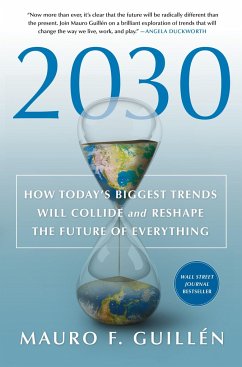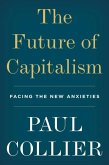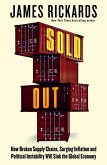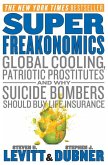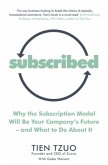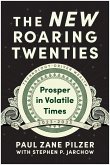Once upon a time, the world was neatly divided into prosperous and backward economies. Babies were plentiful, workers outnumbered retirees, and people aspiring towards the middle class yearned to own homes and cars. Companies didn't need to see any further than Europe and the United States to do well.That worldand those rulesare over.By 2030, a new reality will take hold:- There will be more grandparents than grandchildren- The middle-class in Asia and Sub-Saharan Africa will outnumber the US and Europe combined- The global economy will be driven by the non-Western consumer for the first time in modern history- There will be more global wealth owned by women than men- There will be more robots than workers- There will be more currencies than countriesAccording to Guillen, the only way to truly understand the global transformations underwayand their impactsis to think laterally. That is, using peripheral vision, or approaching problems creatively and from unorthodox points of view. Rather than focusing on a single trendclimate-change or the rise of illiberal regimes, for exampleGuillen encourages us to consider the dynamic inter-play between a range of forces that will converge on a single tipping point2030 ADthat will be, for better or worse, the point of no return. 2030 will revolutionize the way we think about cataclysmic change and its consequences.
Bitte wählen Sie Ihr Anliegen aus.
Rechnungen
Retourenschein anfordern
Bestellstatus
Storno

